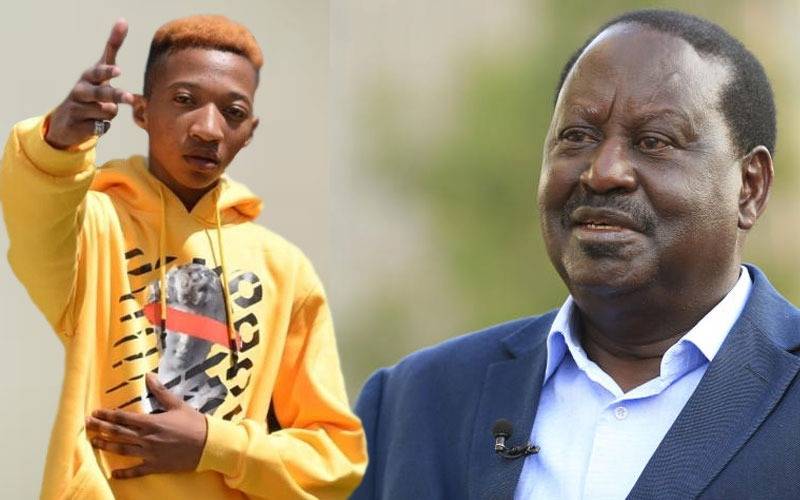×
The Standard e-Paper
Stay Informed, Even Offline

Musician Trio Mio will be among the entertainers at Raila Odinga’s event at Kasarani on December 10. [File, Standard]
The announcement by 17-year-old musician Trio Mio that he will be performing at ODM leader Raila Odinga’s event at Kasarani on Friday, December 10, has drawn mixed reactions.